
ICAP at CROI 2019

CANCELED: Dean’s Seminar on Chronic Disease: Samuel K. Sia, PhD & Ellen Morrison, MD, MPH

(New Scientist) ICAP’s Jessica Justman says “certainly possible” that U.S. on track toward UNAIDS 90-90-90 targets
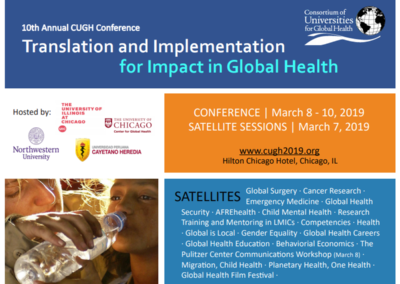
ICAP at CUGH 2019
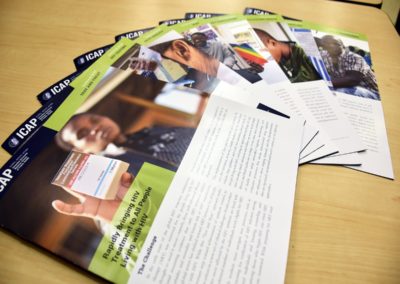
ICAP Publishes Eight New Technical Briefs
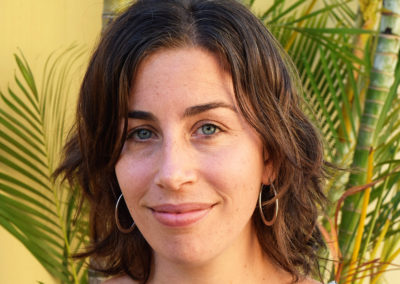
Mirriah Vitale Appointed ICAP Country Director in Mozambique

Dr. Felix Ndagije Appointed ICAP Country Director in Lesotho

Judy Khanyola, Nursing Champion, Chosen to Represent Nurses of Africa in Global Campaign
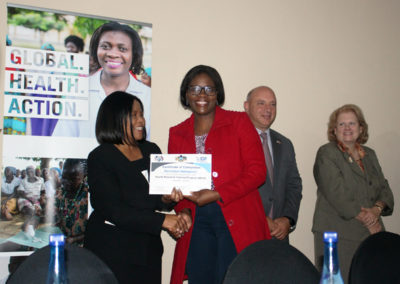
Health Research Training Program (HRTP) Celebrates Fifth Cohort with Research Summit
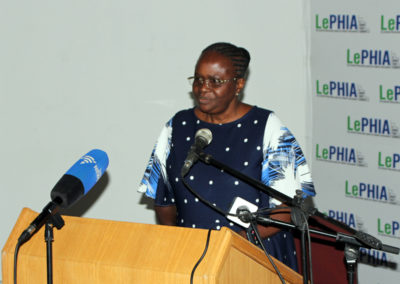
Final Results of National Survey Show Lesotho’s Remarkable Progress toward HIV Epidemic Control
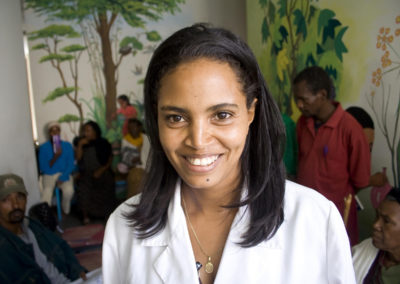
ICAP to Support National and Regional Efforts to Confront the HIV Epidemic in Ethiopia
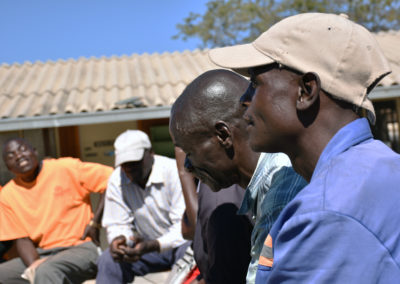
(Archived Webinar) ICAP Grand Rounds Webinar: Male Engagement in Differentiated HIV Treatment Services
- 1
- 2
- 3
- 4
- 5
- 6
- 7
- 8
- 9
- 10
- 11
- 12
- 13
- 14
- 15
- 16
- 17
- 18
- 19
- 20
- 21
- 22
- 23
- 24
- 25
- 26
- 27
- 28
- 29
- 30
- 31
- 32
- 33
- 34
- 35
- 36
- 37
- 38
- 39
- 40
- 41
- 42
- 43
- 44
- 45
- 46
- 47
- 48
- 49
- 50
- 51
- 52
- 53
- 54
- 55
- 56
- 57
- 58
- 59
- 60
- 61
- 62
- 63
- 64
- 65
- 66
- 67
- 68
- 69
- 70
- 71
- 72
- 73
- 74
- 75
- 76
- 77
- 78
- 79
- 80
- 81
- 82
- 83
- 84
- 85
- 86
- 87
- 88
- 89
- 90
- 91
- 92
- 93
- 94
- 95
- 96
- 97
- 98
- 99
- 100
- 101
- 102
- 103
- 104
- 105
- 106
- 107
- 108
- 109
- 110
- 111
- 112
- 113
- 114
- 115
- 116
- 117
- 118
- 119
- 120
- 121
- 122
- 123
- 124
- 125
- 126
- 127
- 128
- 129
- 130
- 131
- 132
- 133
- 134
- 135
- 136
- 137
- 138
- 139
- 140
- 141
- 142
- 143
- 144
- 145
- 146
- 147



